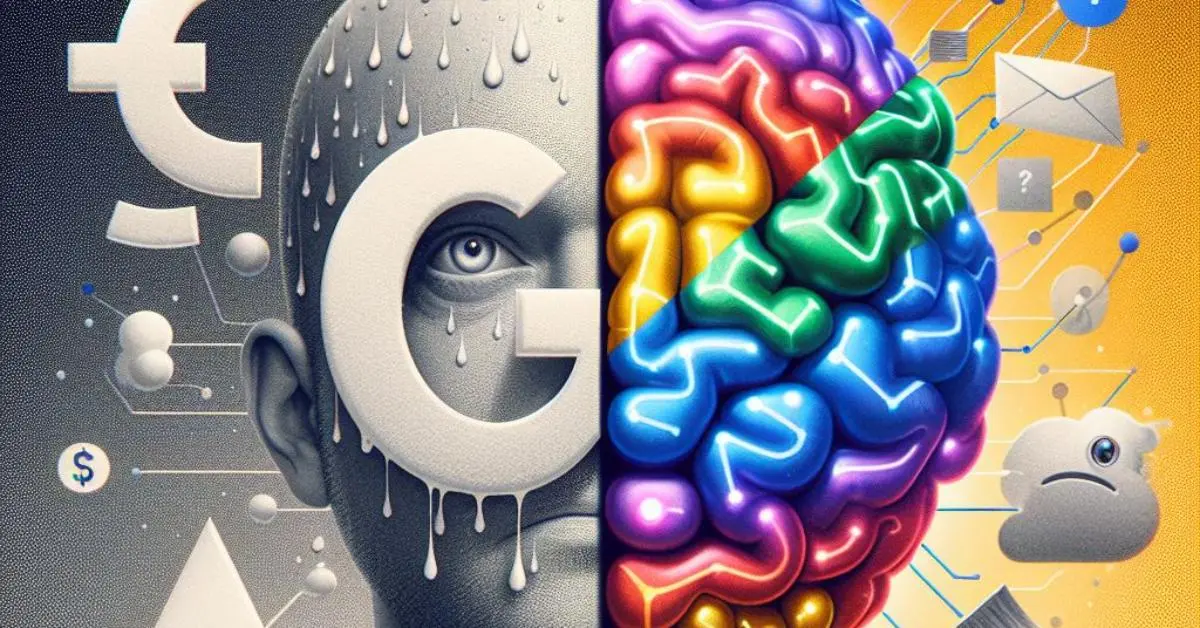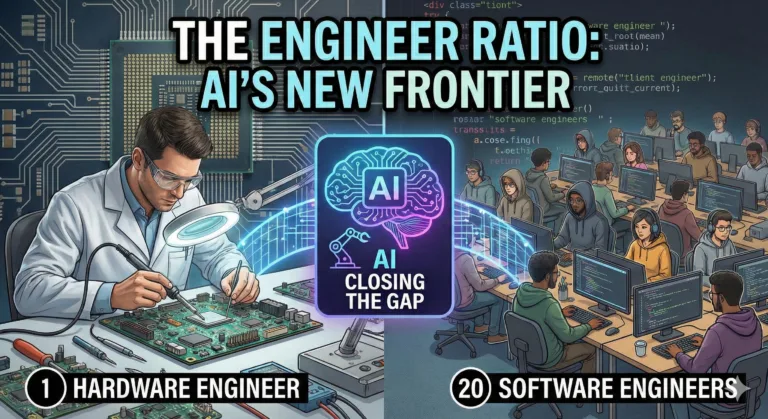Introduction to AI search
AI search is on trend now . With the coming of AI search engine players like Perplexity AI , Google is facing increased competition in the search technology industry. There is also news that OpenAI is considering entering the AI search engine market with their ChatGPT powered search engine, and rumours are there that it would be even better than Bing. In a recent interview, Sundar Pichai , CEO of Google mentioned that Google is dancing to its own music when it comes to AI and machine learning. But clearly, Google is worried after the emergence of AI search engines like Perplexity , which are gaining popularity among users.
2 reasons why Google is worried about AI search engines
Google, which has a share of 93.4 % when it comes to search, and an average traffic of over 5.6 billion searches per day, is facing stiff competition from AI search engines. Here are two reasons why:
- Threat to Advertising Revenue: According to reports from Oberlo,Google generated $175.03 billion from ads on its search engine and other products . This represents roughly 56.9% of their total ad revenue, suggesting search advertising is a major source of income for Google. In other words, if search engines stopped showing ads, Google would lose a significant portion of its revenue. A question will surely be coming to your mind. But exactly how can these AI search engines take away the ad revenue from Google? The answer lies in the conversational tone of AI search engine responses , instead of displaying traditional search results with ads. The conversational tone of the AI search engine will help in stuffing the sponsored content in a more seamless and natural way, making it less distinguishable from organic search results.
Also, AI can personalise search results and chatbot interactions to a much higher degree, potentially making targeted advertising on other platforms more effective. Users might find what they need without relying on Google searches.
- Shift in the Search Paradigm: As discussed above, the conversational tone of chatbots and AI search engines is a major headache for Google. Due to their conversational tone , AI search engines can directly reduce the need to shift through multiple search results and instead provide a direct answer to the user’s query. Thus potentially reducing clicks on Google’s search results pages and displayed ads.
Also , due to their continuous learning nature , AI search engines can understand the query more accurately, thus providing more accurate answers. This can ultimately lead to a more efficient and satisfying user experience.
Also Read : Apple On Device AI Implementation will be completely different from Samsung On Device AI implementation, here is how?
Conclusion
So , these are the two major reasons why AI search has become a headache for Google . But we also should not forget the data advantage that Google has . Google has access to vast amounts of data, allowing them to continually improve their AI search capabilities that they are trying to bring through Search Generative Experience (SGE).. These vast amounts of data give Google an edge in understanding the user’s intent and query much better than any AI . Also, the trust that Google has built over the years is one major blockage for AI search engines like Perplexity and all . To gain some traction, these AI search engines will have to build some trust in the market.
Discover more from WireUnwired Research
Subscribe to get the latest posts sent to your email.




